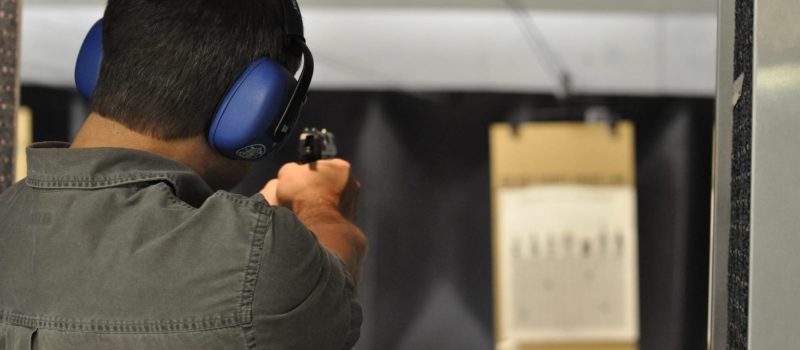- Home
- /
- Blog
- /
- Criminal Defense
- /
- The validity of self-defense...
The validity of self-defense claims in light of New York’s strict gun laws
Criminal Defense
Self-defense can be used as a legal defense strategy for people charged with murder, assault or other serious and violent crimes. Also known as justification in New York State, this defense can be used when the defendant has hurt another individual, but their actions were justified because they were defending themselves from the threat of imminent physical harm from that person.
The use of guns for self-defense is at the center of a debate that has been reignited with the January 6 mass shooting at Fort Lauderdale-Hollywood International Airport in Fort Lauderdale, Florida. In comparison to other states with more lenient firearm laws, New York heavily restricts the ownership and use of guns. Permits are required for those seeking to purchase and carry handguns. As part of the state’s tough stance on firearms, it is illegal for gun owners to carry a concealed weapon in New York without first obtaining the appropriate permit.
What happens when an individual uses a gun for self-defense? Self-defense is legally defined as an individual’s right to use reasonable force in order to protect themselves or someone else from a physical threat. This may involve the use of deadly force under some circumstances. There is a very thin line between what constitutes self-defense and what does not.
It is possible for a solid self-defense argument to lead to acquittals in serious cases of alleged assault. However, using a self-defense strategy carries inherent risks. A skilled criminal defense attorney can help the defendant understand the possible defenses available in their particular case and identify the one most likely to yield a favorable outcome.
In one recent case, a Manhattan woman was charged with stabbing a transgender black man in a racially motivated Christmas night subway attack. The woman’s lawyer argued she acted in self-defense and resorted to violence only after the man allegedly “tried to take out her eyes with his nails and fingers.” She was charged with assault in the second degree and criminal possession of a weapon.
A defendant’s actions would not be justified if they were the initial aggressor or used excessive force in response to an attack. Under New York law, an initial aggressor refers to the person who first attacks or threatens to attack. In this case, the woman’s statement indicates she may not have been the initial aggressor. However, she may have used excessive force.
If an assault is classified as a misdemeanor and does not result in serious injuries, then self-defense laws regarding the use of non-deadly force would apply. If the injuries sustained from an assault are serious or if a deadly weapon such as a gun was used, the prosecutor may seek a felony assault or an attempted murder conviction.
In order to employ a self-defense strategy, the defendant must have had a reasonable belief that using physical force was an unavoidable last resort for protecting themselves from immediate danger. Additionally, a reasonable person in the defendant’s situation would have believed the same.
In another case, a New York taxi driver used his legally concealed gun to protect himself from a passenger who tried to attack him with an icepick. “I believe she would have killed me if I had been close enough to her,” said the driver. He was able to get the woman to back off without having to fire a shot. The man decided to register and carry a gun after he was stabbed 13 times in a violent attack four years ago while driving his cab.
To use self-defense, there must exist an imminent threat of the use of physical force. The self-defense argument is ineffective for crimes in which the shooting or other form of assault occurs as retaliatory action after the threat has passed.
Although self-defense is a legitimate legal strategy, it is a tricky and complicated one to use as there are many factors that come into play. The consequences of a gun-related conviction can be devastating, even if it is an act of self-defense. In such cases, going to court without an experienced criminal defense attorney to build a strong case can have disastrous consequences.
